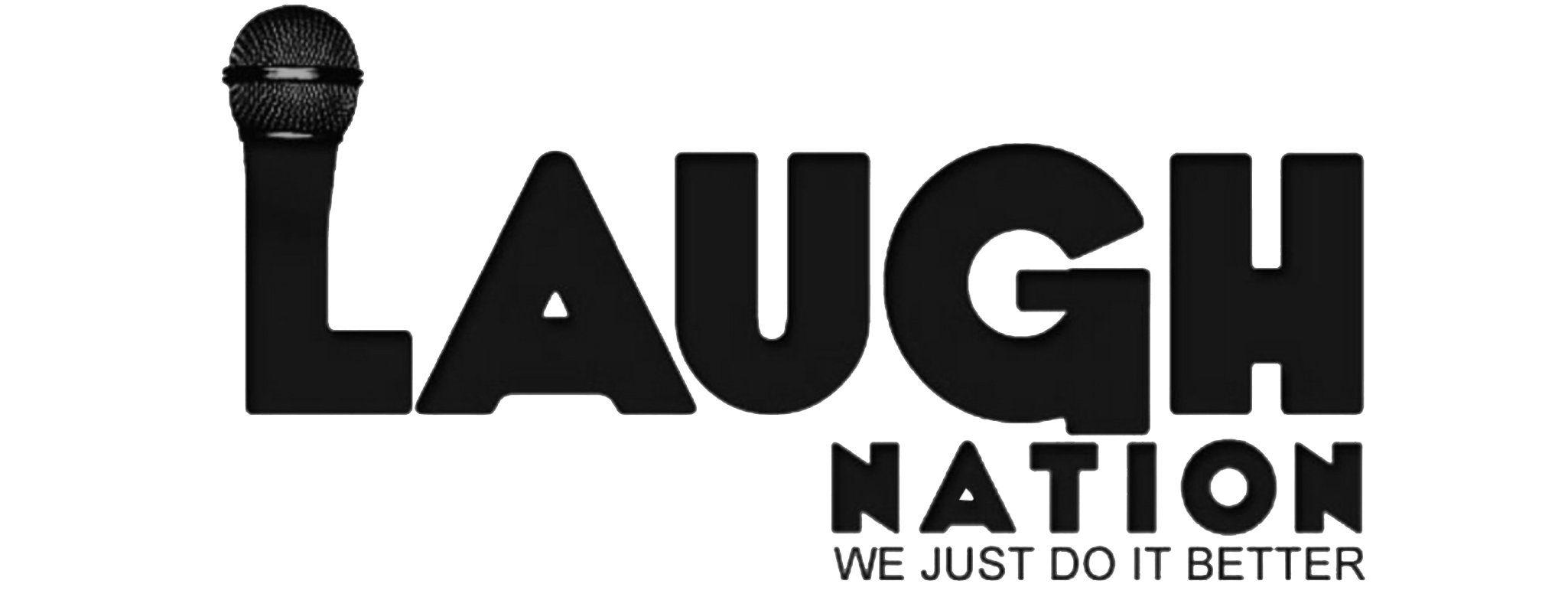Drake TOLD OVO Baka Not Nice to IGNORE Kendrick Lamar’s Diss?
Setting the Scene
We’ve seen the narrative unfold over the past year, with Baka finally addressing why he didn’t confront Kendrick after the notorious diss track “Not Like Us.” It’s baffling how someone can lose a rap battle and still have so much backing. Baka’s recent comments about “Tell me the paperwork” raise eyebrows, especially considering the extensive discussions online about his past.
Defending Hip-Hop and Freedom of Speech
We stand firm in our defense of hip-hop and rap culture. It’s not about one artist over another; it’s about the art form itself. The current lawsuit issues are a threat to freedom of speech in all creative sectors, including movies and television. This isn’t just a hip-hop issue; it’s a cultural one that we all should care about.
What’s fascinating here is the identity of hip-hop. As fans, we can recognize sounds from different regions—whether it’s the West Coast vibes of Compton or the unique beats from Atlanta. Yet, when it comes to Toronto, where’s the distinct sound? We’re still waiting for a Toronto artist to step up and define what it means to represent that area in hip-hop.
The Identity Crisis in Toronto Hip-Hop
What’s the deal with Toronto artists? Baka, along with others like Tory Lanez and Drake, seems to draw heavily from American influences. It’s almost like they’re borrowing sounds without establishing their own. The question remains—when will we hear a Toronto sound that stands out on its own?
In contrast, UK artists have found their identity, and we see this reflected in their battle rap scene. They have their accents and unique style, which sets them apart. Why hasn’t Toronto done the same? This lack of identity makes it easier for Kendrick to separate himself and dominate the conversation.
Understanding the Battle Dynamics
Kendrick’s ability to separate himself from his crew is impressive. He’s not just the king of the West; he’s a force in hip-hop as a whole. This dynamic plays out in how he handles diss tracks compared to Drake. Remember when Meek Mill faced off against Drake? The energy was palpable, and the music echoed that rivalry. But with Baka, it feels different.
As fans, we’re left to wonder why Baka is so hesitant to address Kendrick directly. It’s a curious situation—one where we’re left questioning the strength of Toronto’s representation in the rap game.

The Role of Freedom of Speech in Rap
Rap battles are an art form, and freedom of speech is integral to that. When we see artists like Kendrick and Drake go toe-to-toe, it’s not just about the lyrics; it’s about the messages they convey. Kendrick’s diss tracks are filled with deeper meanings, while Drake often resorts to personal attacks and playful jabs.
The concept of a “weird case” that Baka refers to is a perfect example of how artists can twist narratives. It’s essential to examine these claims critically rather than accept them at face value. This is the beauty of hip-hop—it’s about challenging each other while pushing the culture forward.
Baka’s History: A Complicated Narrative
Let’s take a moment to understand Baka Not Nice’s past. He faced serious legal issues that have colored his career. When Kendrick references Baka’s history in “Not Like Us,” it raises serious questions about credibility and how it affects the narrative. The fact that Baka is now in the spotlight amidst these allegations adds an intriguing layer to the story.
His history includes serious allegations that complicate the way fans perceive him. It’s not just about music; it’s about personal accountability and how that plays into the larger narrative of hip-hop.

The Fallout from the Diss Tracks
As the diss tracks fly back and forth, the fallout is palpable. Drake’s response to Kendrick’s allegations is filled with personal jabs, but Kendrick’s approach is more strategic. He targets Drake’s character and challenges his authenticity, which is something that resonates deeply with fans.
This brings us to the crux of the issue: the perception of authenticity in rap. Kendrick’s artistry is rooted in raw emotion and truth, while Drake often finds himself on the defensive, trying to maintain an image. This imbalance creates a fascinating dynamic that keeps fans engaged.
Conclusion: The Battle Continues
In the end, as we analyze this ongoing battle, it’s clear that the stakes are high. Baka’s hesitance to confront Kendrick raises questions about Toronto’s representation in hip-hop. The conversation is far from over, and as fans, we’re left eagerly awaiting the next moves from both sides. Will Toronto finally step up and define its sound, or will it remain in the shadows of American hip-hop?
As we continue to watch this unfold, one thing is certain: hip-hop thrives on competition, and we’re here for every moment of it.









